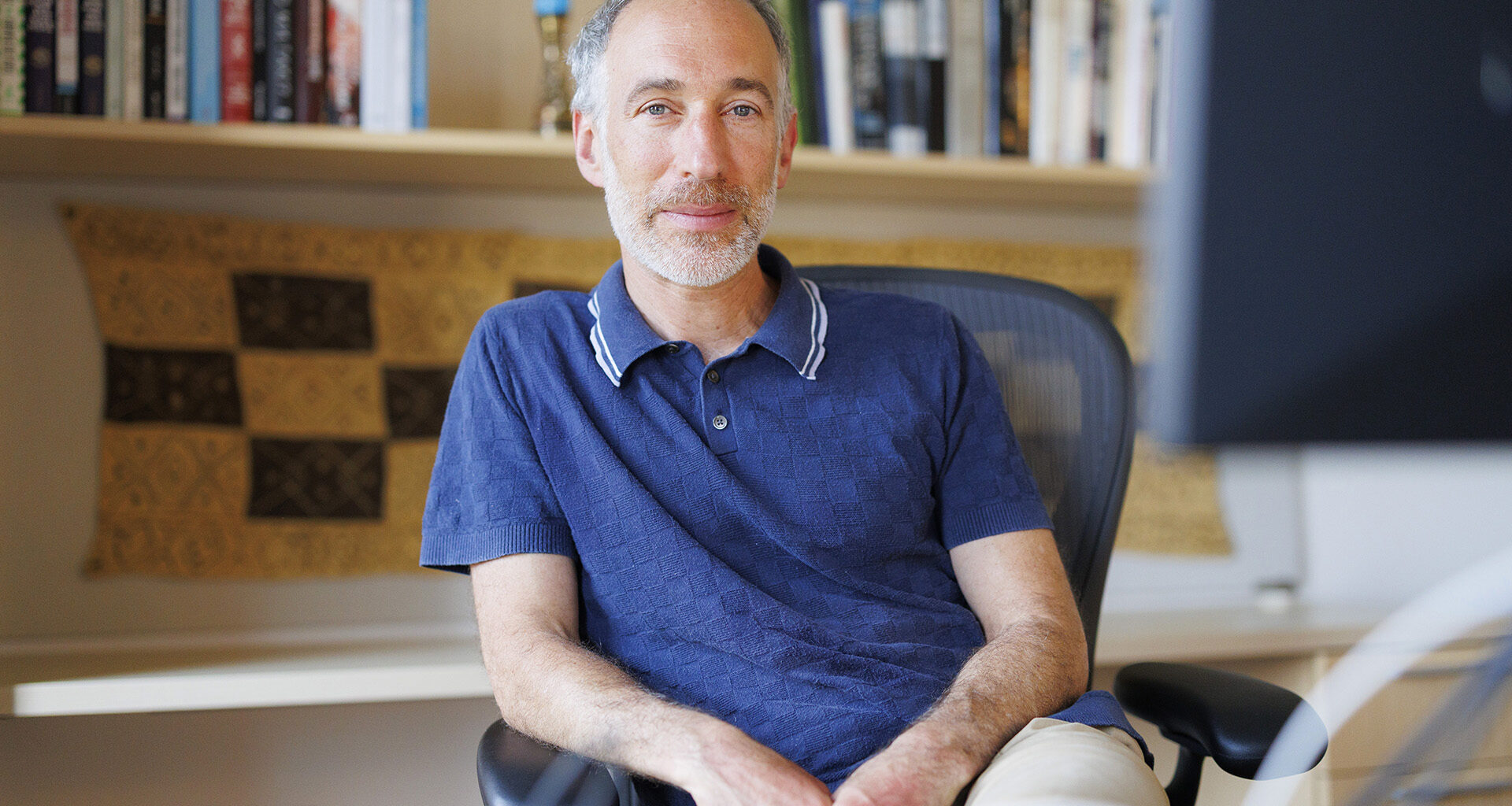Since 2012, geneticist David Reich and his team of researchers have been studying DNA from living and ancient people to probe mysteries surrounding the origins of human life. But the future of their work faces uncertainty after the Trump administration’s mass cancellation of nearly $2.7 billion in federal funding grants to Harvard.
Reich and his collaborators have published 114 scientific papers through a National Institutes of Health grant that has been renewed three times over the past 13 years. The published papers have covered a range of subjects from the genetic origin of Indo-European languages to the formation of the early English gene pool to the genetic history of the pre-contact Caribbean people.
Reich’s research has contributed to the discovery that Neanderthals interbred with ancestors of both modern Europeans and Asians between 55,000 and 40,000 years ago, and that modern humans today carry genetic makeup from both Neanderthals and Denisovans.
The team is also working on reconstructing the demographic history of human population growth and on producing a new version of the world’s published ancient DNA database, which contains whole-genome data from more than 10,000 individuals.
“The database has become a starting point for many papers in the field,” said Reich, a professor of human evolutionary biology in the Department of Human Evolutionary Biology and a professor of genetics at Harvard Medical School.
When the news of the grant termination came, researchers were already working on hundreds of studies, mostly on people who lived in the last 10,000 years. The grant’s third cycle, scheduled to end in 2026, provides support to develop new methods and tools for making ancient DNA accessible to scientists.
“We are not going into catastrophic collapse,” said Reich, “but in the medium-term we won’t be able to sustain this research program without continued funding. Without NIH support, which has historically been our largest source of support, it’s hard to make even medium-term plans.”
Reich’s research at the moment continues with support from the University and the Howard Hughes Medical Institute. Earlier this month, a federal judge ruled the federal cuts were illegal and should be reinstated, but the government has vowed to appeal, and though Reich’s grant has been added to a list of reinstated grants as of Sept. 12, funds appeared to still be on hold.
“The patterns of variation that we observe in people today are, fundamentally, consequences of population history,” said Reich. “They reflect population separations and mixtures. By analyzing variation in living and ancient people, we can understand how that variation arose.”

